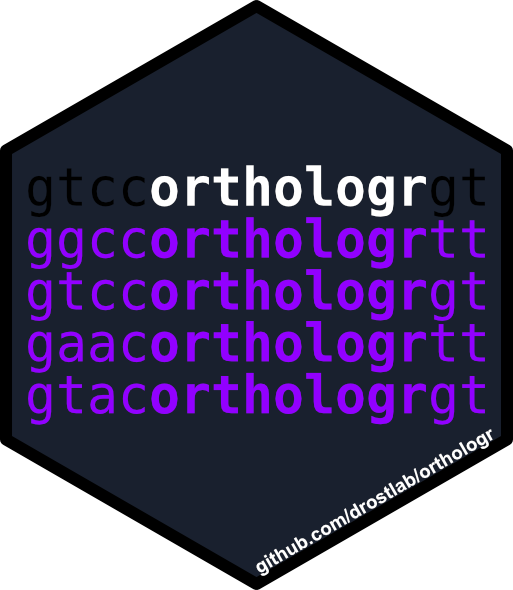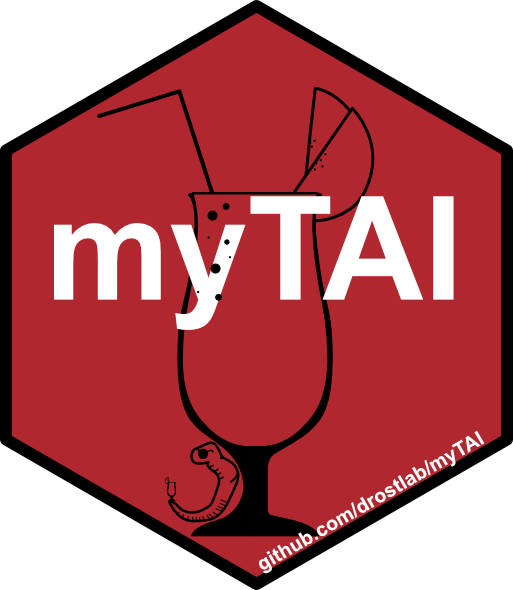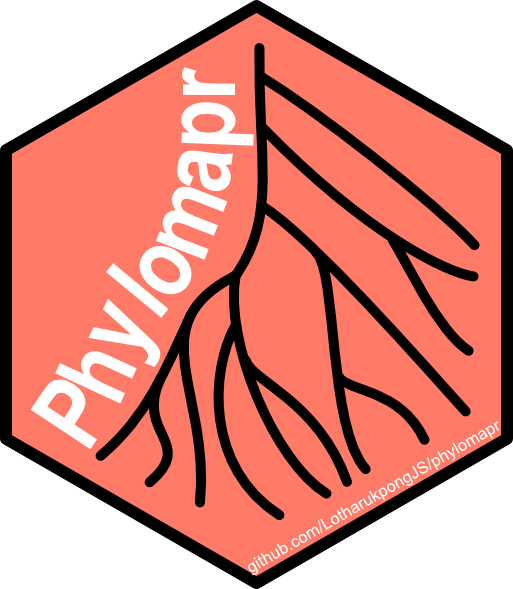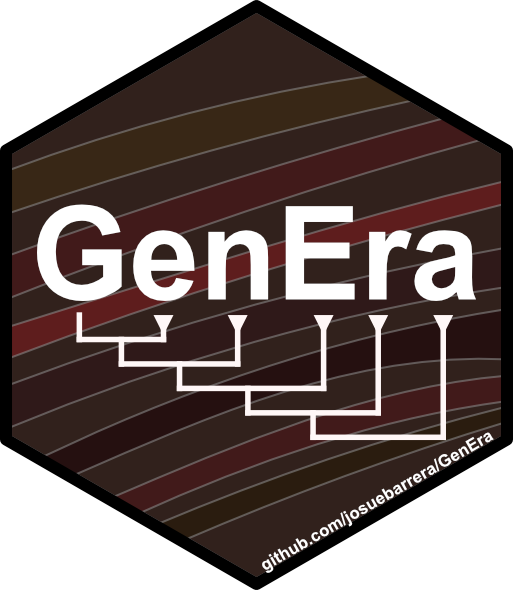natural philosophy on a laptop
Ever since ancient times, the incredible diversity of life forms on our planet has inspired us to ask: what creates this biodiversity?
My curiosity lies on the other side of the coin — what sets the limits to this biodiversity?
One clue is in the developmental processes that create each organism in the first place. Yet how exactly does development shape evolution, and to what extent can findings from established model systems be generalised across the tree of life?
As a doctoral researcher at the Max Planck Institute for Biology (Tübingen, Germany), I seek answers to these biological questions through bioinformatics research using brown algae as a model system.
bioinformatics
Contributions to open-source bioinformatic software applications.
orthologr provides a framework to perform large scale comparative genomics studies with R.
myTAI introduces procedures summarised under the term evolutionary transcriptomics to integrate gene age information into classical gene expression analysis in R.
phylomapr enables quick retrieval of precomputed gene age maps (phylomaps) in R.
GenEra estimates gene-family founder events (i.e., the age of the last common ancestor of protein-coding gene families) through the reimplementation of genomic phylostratigraphy at the tree of life scale.
… and in the field
I am not just bound to my computer. Here are some of my biological adventures.
Algal sample collection in St. Abbs, Scotland.
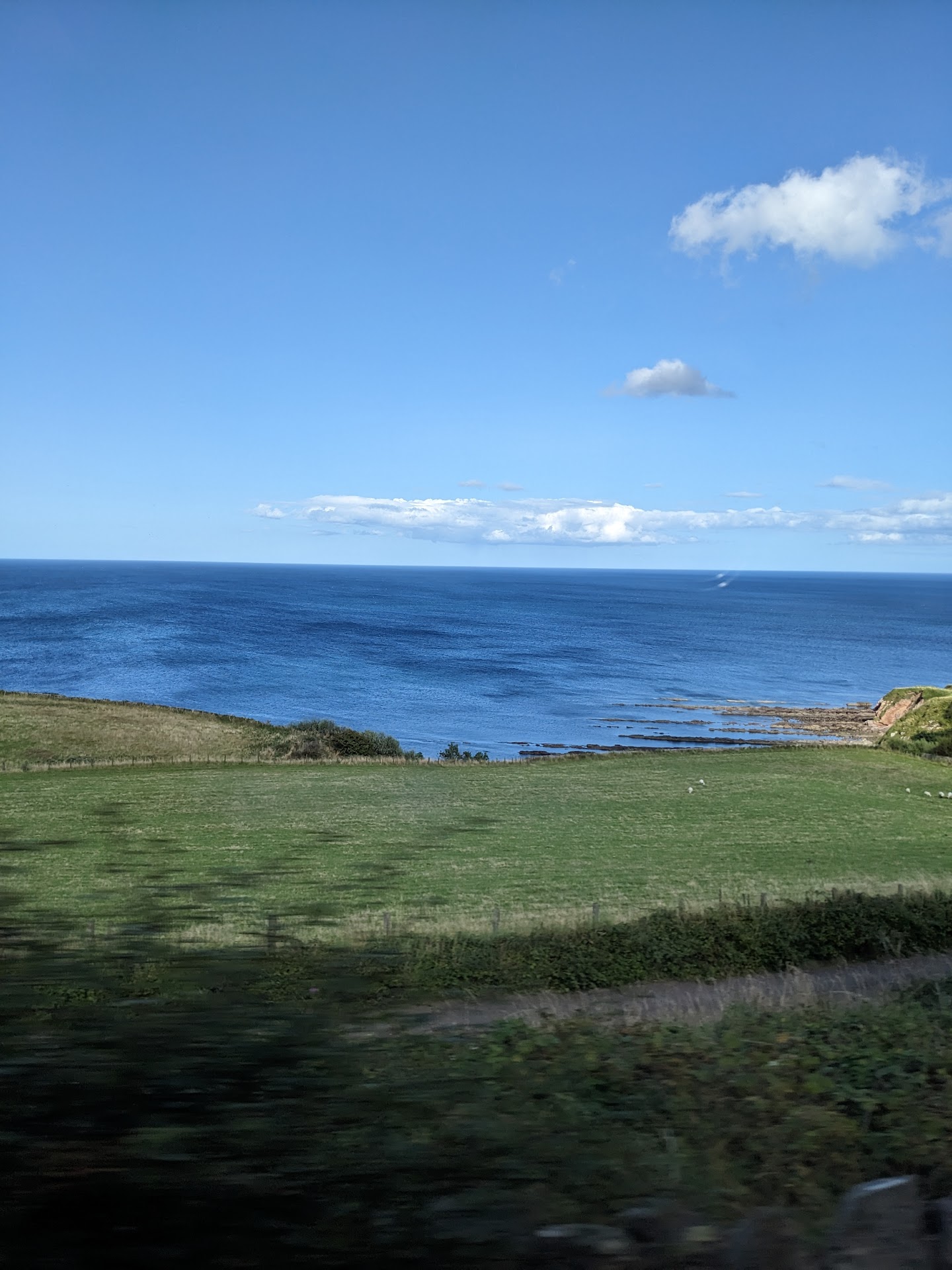

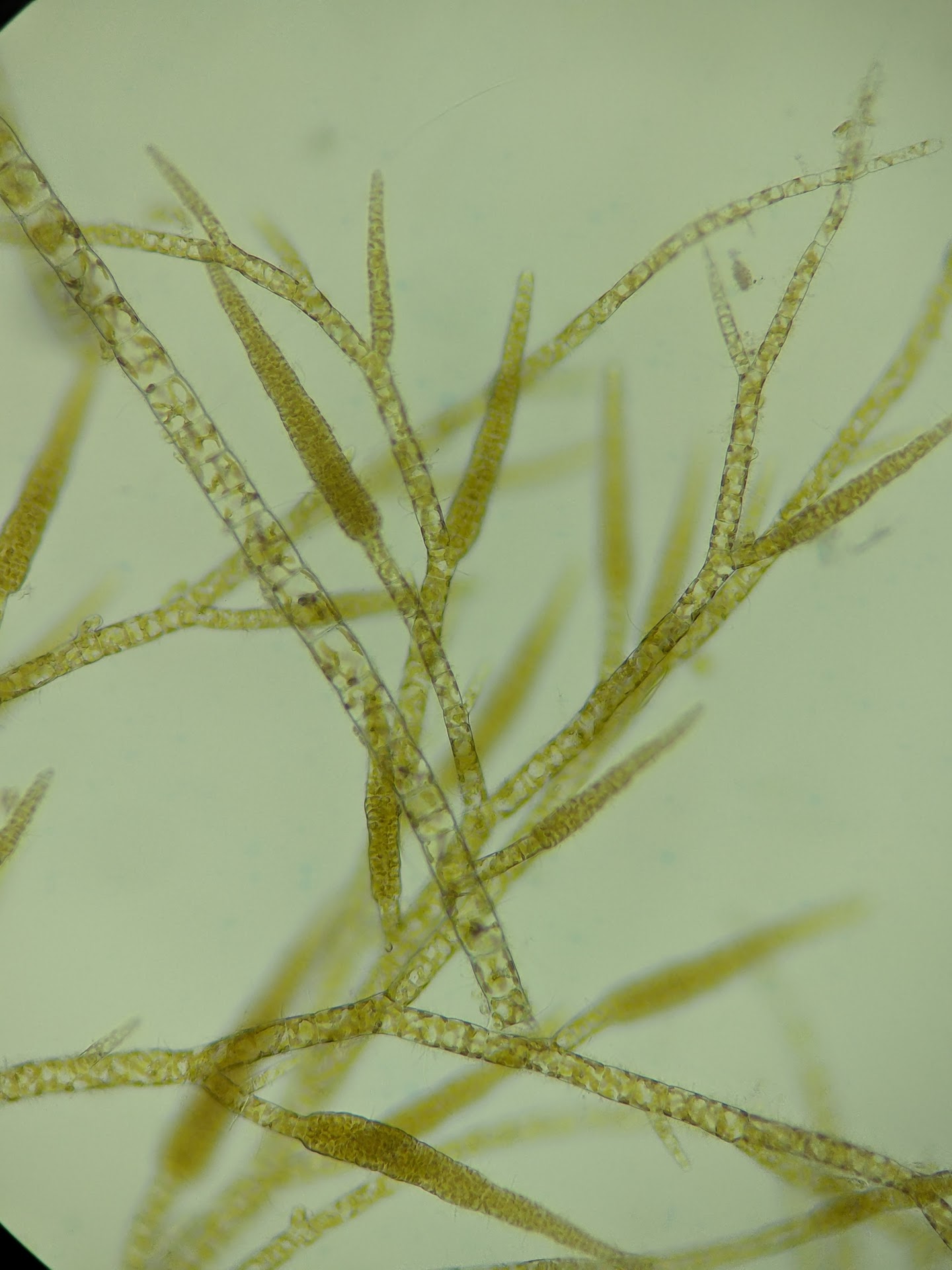
publications and preprints
Lotharukpong, J. S., Laumer, C. E., & Gutierrez, E. B. (2025). Phylogenetic discordance and genic innovation at the emergence of modern cephalochordates. preprint at bioRxiv
Vigneau, J.*, Lotharukpong, J. S.*, Pengfei, L., Luthringer, R., Lombard, B., Loew, D., Haas, F. B., Borg, M., & Coelho, S. M. (2025). Rewiring of chromatin regulation underlies the evolution of brown algal multicellularity. preprint at bioRxiv (*equal contribution)
Lotharukpong, J. S., Zheng, M., Luthringer, R., Liesner, D., Drost, H-G., & Coelho, S. M. (2024). A transcriptomic hourglass in brown algae. Nature 635, 129–135
Barrera-Redondo, J., Lotharukpong, J. S., Drost, H-G., & Coelho, S. M. (2023). Uncovering gene-family founder events during major evolutionary transitions in animals, plants and fungi using GenEra. Genome Biology, 24(1), 54.
Manley, B. F., Lotharukpong, J. S., Barrera-Redondo, J., Llewellyn, T., Yildirir, G., Sperschneider, J., … & Dallaire, A. (2023). A highly contiguous genome assembly reveals sources of genomic novelty in the symbiotic fungus Rhizophagus irregularis. G3: Genes, Genomes, Genetics, 13(6), jkad077.
See also on google scholar
media
The Node (https://thenode.biologists.com/):
European Reference Genome Atlas (ERGA) (https://www.erga-biodiversity.eu/):
Max Planck Press Office:
Braunalgen entwickeln sich nach Sanduhr-Modell (see also in English)
